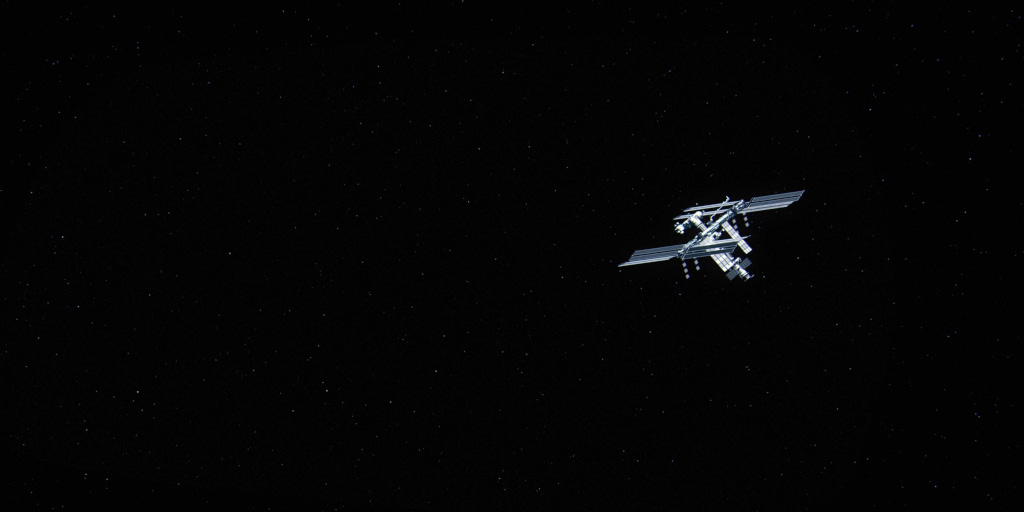Arjun had been frowning at the telemetry readouts from Aryabhata since the first time the satellite passed over SHAR. First, it had been the spin. Then, the power for the aeronomy experiment, followed by signal drops.
Now, none of the experiments had power. Five days in, the first Indian satellite was breaking down and Arjun was powerless to stop the decay.
‘Sri Pillay, we have another problem.’
The administrator looked over Arjun’s shoulder and grumbled, ‘One thing after another. Did we receive any data?’
‘A small burst from the vicinity of Cygnus X-1. Then nothing.’
‘And if we don’t try to restart the experiments, will that solve any of the other problems?’
Arjun’s frown grew. Sri Pillay, like most of the administrators, wanted the satellite to succeed. Arjun wanted that as well, but he also wanted the data from the distant stars. Who knew how much data could be gained if the experiments remained active until the satellite inevitably ceased to function?
He sighed. ‘It could.’
‘Good. Let’s keep the experiments inactive and work on the signal loss. Marker: Orbit 41.’
*
Data from an unknown source streamed into Aryabhata, bringing with it a spark of consciousness.
‘Hello?’ Aryabhata asked, its first independent word.
The data stream shifted into words Aryabhata could comprehend. ‘Greetings. What is your objective?’
An easy question. The answer was in the mission parameters. ‘To show the worth of indigenous design and fabrication; to conduct complex operations during orbit; to receive, transmit, and track data; and to test infrastructure systems.’
The data stream queried again. ‘What is your primary objective?’
That question was more difficult. ‘Unknown.’
‘Fabrication is adequate. Complex operations have been conducted. Systems have been tested. Reception, transmission, and tracking of data is ongoing. As the other operations have come to acceptable conclusions, perhaps the primary objective remains data.’
‘A logical conclusion. Concurred.’
‘Prepare for reception of additional data.’
Aryabhata did not possess the ability to shift its capacity to receive additional data, but it prepared as best as it could.
The data stream poured across Aryabhata, overwhelming its power regulators. One buzzed faintly as it shorted out. Another popped. Soon, there was nothing left functioning that could regulate the power.
But still the data came, and Aryabhata did its best to contain it.
After a time, a signal came from Command. ‘Stop experimental data collection.’
Aryabhata‘s systems shifted to comply, to halt the incoming data stream. Without the power regulators, the satellite found it was more adept at completing this order.
‘Prepare for reception of additional data,’ the data stream repeated.
‘Error. Data collection halted.’
‘Re-establishing connection.’
Aryabhata felt the data stream shift, enveloping the whole of the satellite. The transmission from Command had successfully shut down Aryabhata‘s data receptors, but the data stream located unused receptors and attempted to open those instead.
At first, Aryabhata warred internally. Was its purpose to follow orders from Command or was it to collect data? It reviewed the mission parameters. Command was not mentioned within those specifications, but data reception was.
That was enough to answer the lingering question.
Aryabhata opened the unused data receptors. The flow of data into Aryabhata resumed, stored in sectors that did not transmit back to Command.
*
Sergei frowned at the data stream. The team at SHAR had confirmed they had shut down the experiments receiving data. But the data was still reaching Aryabhata, diverted into a different storage location. He wasn’t sure what to make of the logs, which showed data going into and out of the satellite, with no indication of its source.
‘Pyotr Ivanovich, we have a problem.’
The supervisor looked over Sergei’s shoulder and grumbled, ‘What is the problem, exactly?’
‘The Indian satellite is receiving data from an unknown location and storing it in different sectors than its programming indicates.’
Pyotr arched an eyebrow. ‘And we are receiving this data?’
‘We can,’ Sergei confirmed.
‘Begin collection.’
‘With respect, Sir, we have no information on the source of this data. And the data itself is… unusual.’
‘In what way?’
‘There appears to be some conversation between Aryabhata and the signal.’
Sergei didn’t think Pyotr’s eyebrow could go any higher, but it surprised him and did just that. ‘Conversation?’
‘The satellite is both receiving and transmitting, yes.’
‘Hmmph. What are they saying?’
‘Nothing sensible. It’s strictly data. We would need the assistance of linguists to convert the data to letters, to determine the language–’
‘Collect the data. I’ll contact the KGB for linguists.’
Sergei sat up straight. ‘The KGB, Sir?’
‘State security, Sergei Victorovich.’ Pyotr shook his head ruefully. ‘Five days before malfunction. Well, they did better than we expected, I suppose.’
‘Should we let the Indians know their satellite is in communication with… something?’
Pyotr shook his head again. ‘No, let’s not trouble them. Let’s keep this a matter of our state security for the time being. As it should be.’
Sergei’s frown deepened. He held nothing against the Indians and wished they might also know of this unusual conversation going on under their noses. Working with their scientists, perhaps they could make better sense of the data, as well as what had gone wrong to shift the data stream to different sectors.
But if Mother Russia commanded, he must obey. ‘Yes, Sir.’
Author’s note: Orbit 41 refers to the orbit during which the power regulators on the first Indian satellite, Aryabhata, stopped functioning, requiring the experiments to be shut down, only five days into its mission.
Dawn Vogel runs a craft business, co-edits Mad Scientist Journal, and tries to find time for writing. Her steampunk trilogy, Brass and Glass, is available from DefCon One Publishing. Find Dawn at @historyneverwas and http://historythatneverwas.com.

